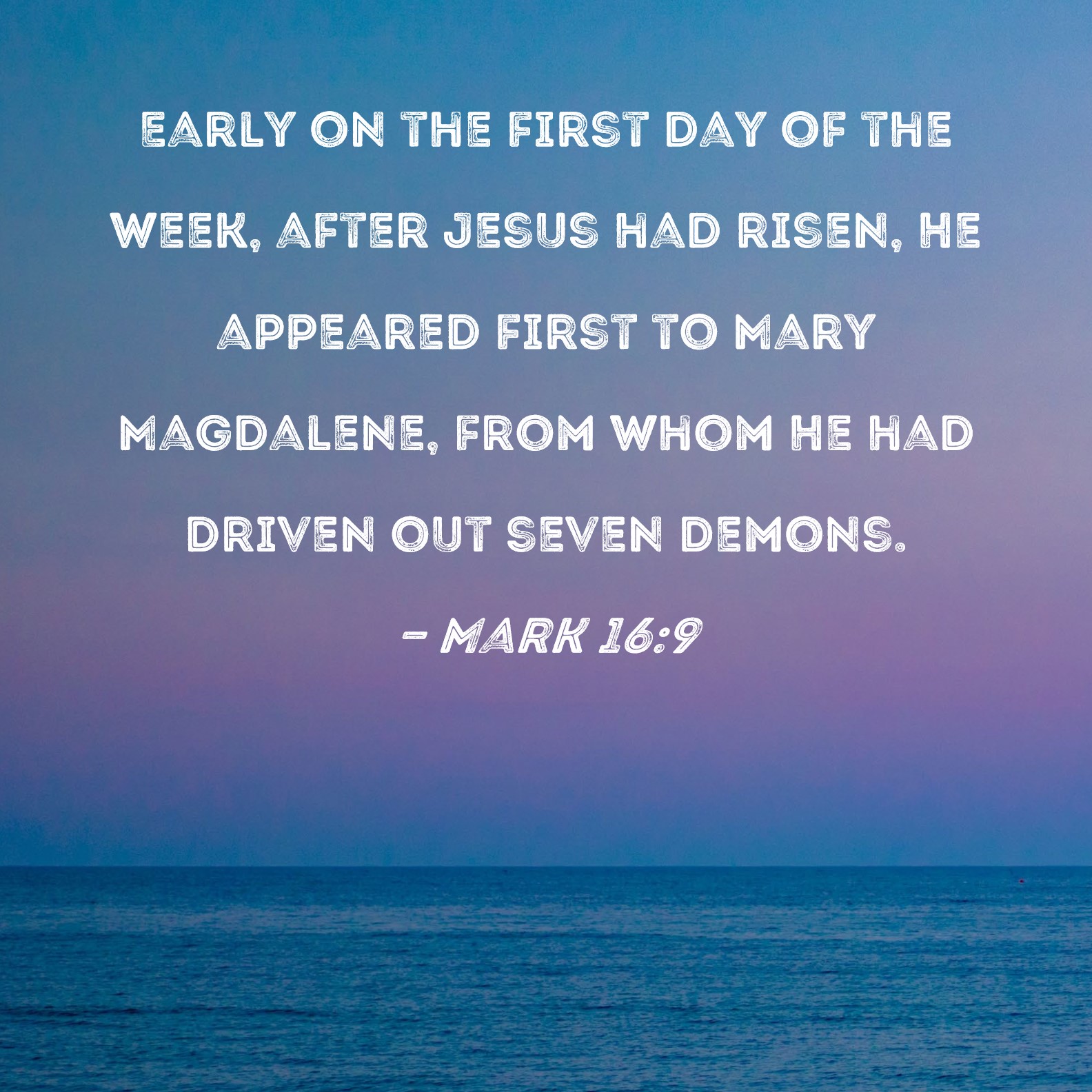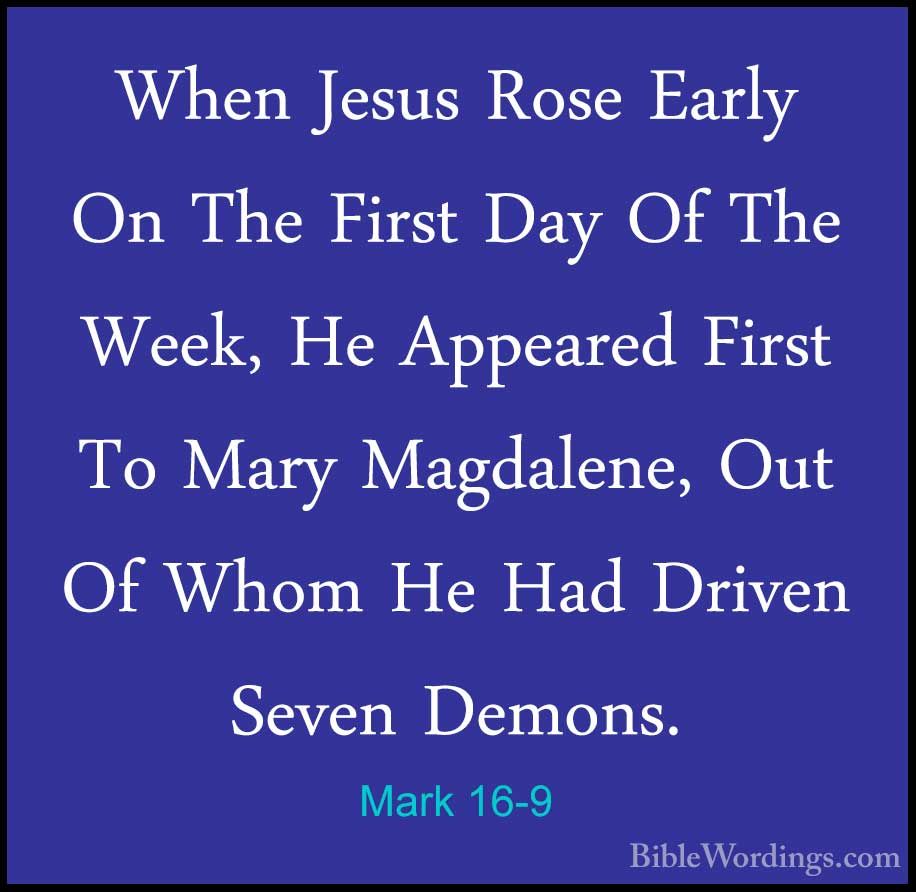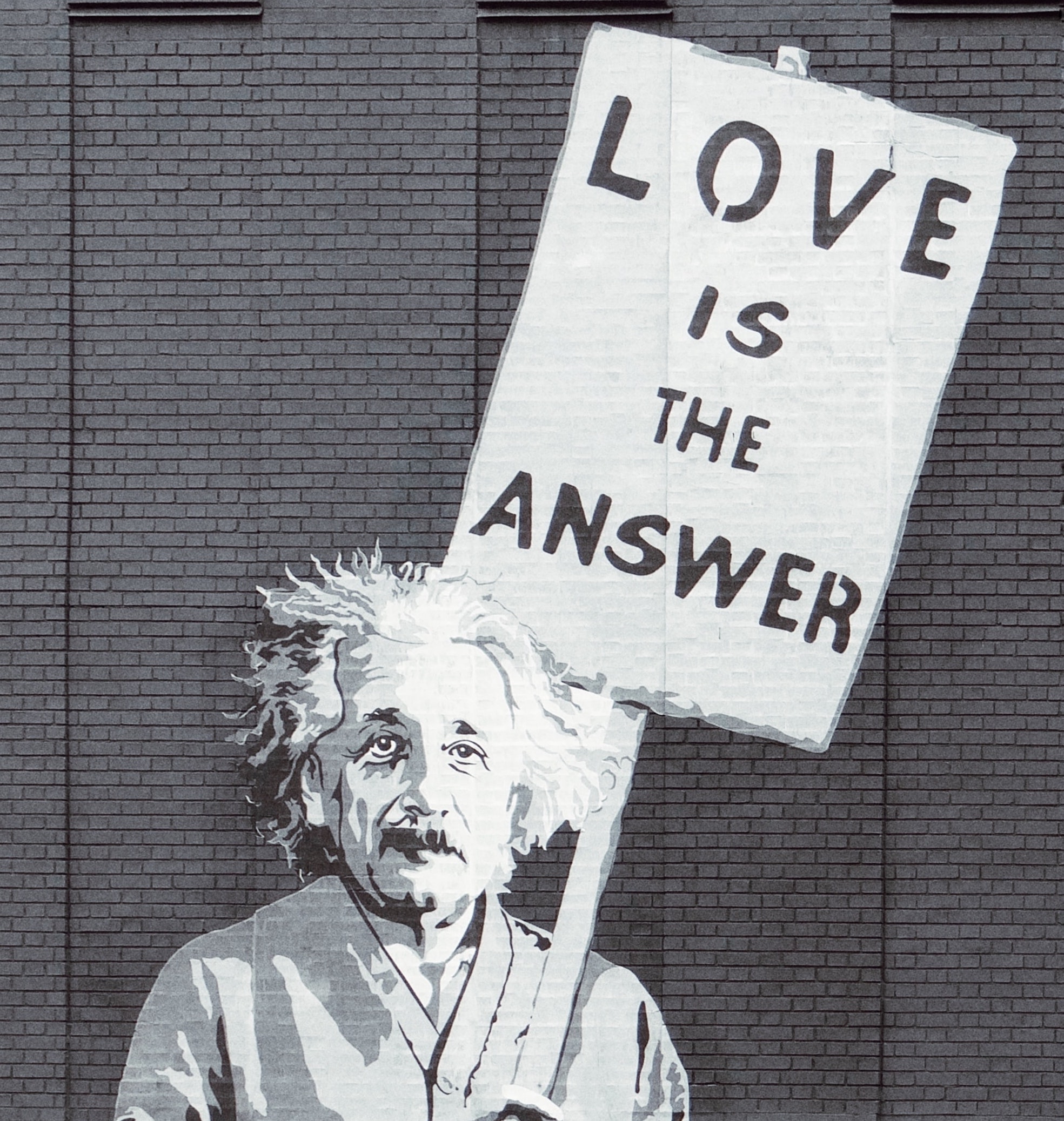We’re always looking for different approaches to our travel adventures – biking, photography, and foodie tours- but when we knew we were spending some time in Rome we decided to revisit one of our favorite novels – Angels and Demons by Dan Brown. We’d read this book when it was first published and remembered how Brown’s descriptions of Gian Lorenzo Bernini’s sculptures had made us eager to see them in person. We decided to create our own self-guided walking tour based on Angels and Demons. I hope it will help you as you decide what to do in Rome!
Using Brown’s ‘Path to Illumination’ as a vehicle to explore the city is not original to us! There are packaged Angels and Demons tours in Rome for this specific purpose, but we thought it’d be more fun, and more relaxing, to create our own walking tour of Rome, split over a few days. By the end of our three days we felt we knew Rome a lot better than if we’d seen it from a bus. We encourage you to take a similar approach to your days in Rome!
The Angels and Demons landmarks are spread across the city so using the “path” as a template allows you to discover more of the city than the usual tourist attractions. And by doing this independently, you have more time to take in the artwork, and to wander away from your self-guided tour when desired. Stop for refreshments, shopping, and anything else that catches your interest. Spread your walk over a few days to fit in other activities in the Eternal City.
This post includes affiliate links. We may get paid if you buy something or take an action after clicking on one of these links. We suggest items we have enjoyed and hope you will too. DISCLOSURE
First up – reread the book and/or watch the movie.
Robert Langdon, a Harvard professor of symbology, attempts to stop a catastrophe by finding a terrorist hidden in Rome. He follows clues left by a secret sect, the Illuminati, in sculptures by Gian Lorenzo Bernini throughout the city. Each statue, described in great detail in Brown’s book, is of an angel representing one of the four primordial forces – Fire, Water, Air, Earth. And each points the way towards the next statue- a art-based scavenger hunt!
We have plotted the Rome Angels and Demons walking tour landmarks on a map for your convenience. (not in order of Browns book – no spoilers here!)
- St. Peter’s Basilica & the Sistine Chapel
- St. Peter’s Square
- Castel Sant’Angelo
- Piazza Navona
- Pantheon
- Santa Maria del Popolo
- Santa Maria della Vittoria
As you can see the sites are spread out quite a bit in the city, so we divided our adventure into three days. If your time is limited, this tour can be done in one day. (Check out the public transportation options to save your legs!) For our purposes (and so as not to give away the book!) we aren’t following the trail in the order Professor Langdon did, but rather organizing the locations for convenience and around other major sites you’ll want to see.
Routes on our Rome Angels and Demons Self Guided Walking Tour
Blue Route – St. Peters (Vatican Museum) including Sistine Chapel to Castel Sant’Angelo
- route approximately 1 mile
- Start – St. Peter’s Basilica, Vatican Museum, Sistine Chapel- taxi, bus*, or Metro to Ottaviano and walk a bit.
- End – Castel Sant’Angelo – taxi or walk to Ottaviano Metro.
We recommend you begin your day in the Vatican. If you are able to get an early admission ticket or tour, visit the Vatican Museum and the Sistine Chapel. If you’ve already seen this extraordinary collection, begin your tour with a visit to St. Peter’s Basilica. That is always worth a visit.
While you’re there – Saint Peter’s Basilica
→Pietà by Michelangelo, Chair of St. Peter, Tomb of Urban VIII, both by Bernini
→Climb the dome to get an amazing view of Rome (small fee)- not recommended for people with a fear of heights
→Don’t miss the Grotto reached by a small stairway on the left side of the basilica
Exit the basilica to the colonnade designed by Bernini. A good way to start your tour! Walk across the square to the Egyptian obelisk brought to Rome by Caligula in 37 BC. Surrounding the obelisk is the Wind Rose. Here you’ll find the West Wind tile featured in Angels and Demons.
Keep walking down the wide boulevard to the River Tiber and you’ll see the edifice of Castel Sant’Angelo to your left. Buy a ticket and wind your way through the fort. The Archangel Michael featured in the book is on the roof but take your time.
Castel Sant’Angelo has a fascinating history. The building was originally built as a tomb for Hadrian, but over time became a military stronghold. An underground tunnel connects the castles to the Vatican, and in 1527 Pope Clement VII retreated here when Rome was under siege. You can tour the rooms the Pope used while in residence.
If you’re lucky, you might get a table at the café halfway up the castle. Have a bite while enjoying one of the best views in the city.
A stroll across the Pont Sant’Angelo finishes this segment of the tour. Take your time enjoying the Bernini statues that line this pedestrian bridge.
Red Route – Santa Maria della Vittoria to Santa Maria del Popolo via the Spanish Steps
- route approximately 1.25 mile
- Start -Santa Maria della Vittoria, taxi, public bus*, or take the Metro to Repubblica and walk
- End – Santa Maria del Popolo, taxi, public bus*, or take Metro from Flaminio
- ~ 1 mile extension to Galleria Borghese
Begin your walk at Santa Maria della Vittoria, a four-minute walk down Via Vittorio Emanuele Orlando from the striking Piazza della Repubblica. This unassuming church sits at the corner of Via 20 Settembre and houses Bernini’s Ecstasy of St. Teresa (1652). Cardinal Federico Cornaro commissioned the sculpture for his burial chamber. Lit from behind by a hidden window, the sculpture dramatically represents the vision of St. Teresa in a swoon as an angel pierces her heart. To each side of the statue are members of the Cornaro family watching as if in a theater.

Cross the street to walk down the Via Barberini to the Piazza Barberini, where you should pause for minute to enjoy the Triton Fountain, another Bernini masterpiece. Then turn right down Via Sistina to the Spanish Steps.
Every tourist has to walk down the Spanish steps. Take a few pictures, and enjoy some people watching, but refrain from eating or drinking lest you be fined.
At the bottom of the steps is the Babington Tea house, a traditional English tea shop, in operation since 1893.
At the base of the steps is the Barcaccia Fountain, another spot mentioned in Angels in Demons.
Continue right down Via del Babuino to the Piazza del Popolo , the People’s Square. This magnificent square was once where visitors to Rome entered the city. Three churches are located here – two are identical from the outside- Santa Maria dei Miracoli and Santa Maria in Montesanto, and one stands alone across the piazza – Santa Maria del Popolo. Cross the piazza to this church, taking a moment to note the Egyptian obelisk in the center. (Dan Brown associates the points on the map with obelisks as well as statues)
Santa Maria del Popolo was built on ‘haunted’ ground, reputedly over the burial place of the Emperor Nero. After Nero’s death a walnut tree grew on the grave and was home to some nasty crows, leading come to believe the crows possessed the demons of Nero’s spirit. In 1099 Pope Urban II had the tree cut down and consecrated a chapel on the site. Several reconstructions later, Bernini designed the baroque façade we see today.
But back to our tour – The church contains some astonishing works of art. In addition to the Habakkuk and the Angel sculpture we have come to see, there are two painting by Caravaggio, and mosaics by Raphael. Tombs line the floor and walls, each with interesting, and sometimes ghoulish, artwork. Take some time to experience this church.
We end this Angels and Demons walking tour here as it’s the best spot for entering the Park Villa Borghese, an immense green space in Rome and site of the Galleria Borghese, recommended for every visitor to Rome and a must-see on our tour of Bernini masterpieces.
Once the home of the Cardinal Scipione Borghese, the museum houses his incredible collection of artwork and antiquities. Four of Bernini’s major statues are here and can be really appreciated without crowds. The extensive collection also includes paintings by Caravaggio, Titian, and Raphael. Definitely a highlight of any visit to Rome.
Reserve a timed admission ticket online for the Galleria Borghese. The tickets are limited.
Purple Route – Trevi Fountain to Pantheon to Piazza Navona
- route approximately 1 mile
- taxi, bus*, or walk, no Metro stations in this area.
Begin your day at the Trevi Fountain. It’s best to get there early before the tour buses arrive. This is a major attraction and will be crowded. Unfortunately, these factors attract pickpockets, so watch your belongings.
From the fountain it’s only a short walk to the Pantheon, the best preserved Roman building in the world. Emperor Hadrian oversaw the construction of this temple in 120 AD. In 609 AD it was converted into a church, and that may be why it remains intact to this day.
The architecture itself is awe-inspiring. It is the largest unsupported dome in the world, with perfect proportions. The distance from the top (with its signature oculus) to the floor is exactly the same as its width.
Take your time enjoying the Pantheon and its courtyard. You’ll likely find street musicians and entertainers in the area.
Around the corner from the Pantheon is the Basilica of Santa Maria sopra Minerva, a striking church built on the site of an ancient Egyptian temple dedicated to Isis. In front of the church is one of my favorite Bernini works – the Pulcino della Minerva, Elephant and Obelisk.
Another 5-minute walk brings you to the Piazza Navona, and the Fountain of Four Rivers, the representation of Water in the book. The piazza was built on the site of a Roman stadium, which is evident from the shape of the plaza. In addition to Bernini’s fountain, there are two more important fountains to admire, and a wide variety of sidewalk cafes where you can enjoy the day.

We end the tour here. There’s much to see and enjoy in this area of the city. Take your time!
We suggest splitting your days between this self-guided tour and some guided tours. We chose three tours through Viator which rounded out our days perfectly – Early Access Vatican Museum Small Group tour, Rome Catacombs and Capuchin Crypts, and an evening tour of Trastevere. Altogether a perfect visit to Rome.
*Bus routes change often – check online for more information.
We hope you’ve enjoyed your ‘literary’ walking tour of Rome. We had a lot of fun putting it together and plan on trying this with other cities and other books. What books have inspired your travels? Have you taken a literary tour?
For more ideas to plan YOUR ideal trip read: How to Plan the Perfect European Vacation.
Suggested Reading (or watching!)
If you’ve no time to read, be sure to catch the movie! Angels and Demons starring Tom Hanks.
Another great movie to inspire your Rome visit is Roman Holiday starring Audrey Hepburn and Gregory Peck.
 |
FICTION | Angels and Demons by Dan Brown | When world-renowned Harvard symbologist Robert Langdon is summoned to a Swiss research facility to analyze a mysterious symbol he discovers evidence of the unimaginable: the resurgence of an ancient secret brotherhood known as the Illuminati…the most powerful underground organization ever to walk the earth… Audible copy available – free with your Audible trial! |
 |
BIOGRAPHY | Bernini: his life and his Rome by Franco Mormando | Gian Lorenzo Bernini was the last of the great universal artistic geniuses of early modern Italy… And his artistic vision remains palpably present today, through the countless statues, fountains, and buildings that transformed Rome into the Baroque theater that continues to enthrall tourists today. |

























